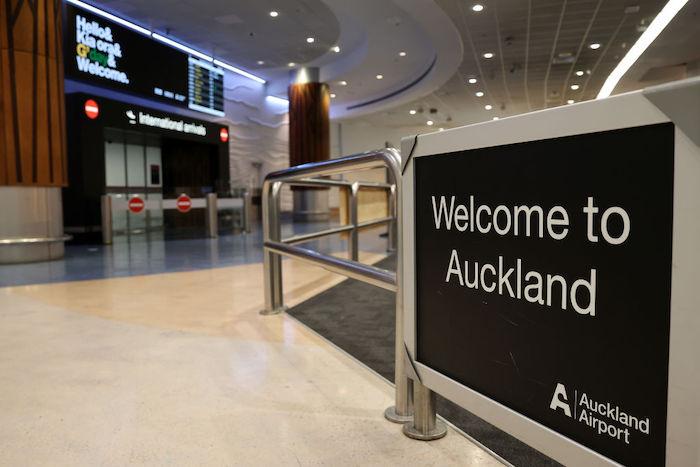
Credit: Fiona Goodall/Getty Images
Auckland Airport (AKL) received strong push back from its two biggest airlines—Air New Zealand and Qantas Airways—after unveiling plans to increase per-passenger aeronautical charges to raise NZ$2.5 billion ($1.5 billion) for infrastructure projects. AKL announced it will lift its price-freeze (in...
Subscription Required
This content requires a subscription to one of the Aviation Week Intelligence Network (AWIN) bundles.
Schedule a demo today to find out how you can access this content and similar content related to your area of the global aviation industry.
Already an AWIN subscriber? Login
Did you know? Aviation Week has won top honors multiple times in the Jesse H. Neal National Business Journalism Awards, the business-to-business media equivalent of the Pulitzer Prizes.





